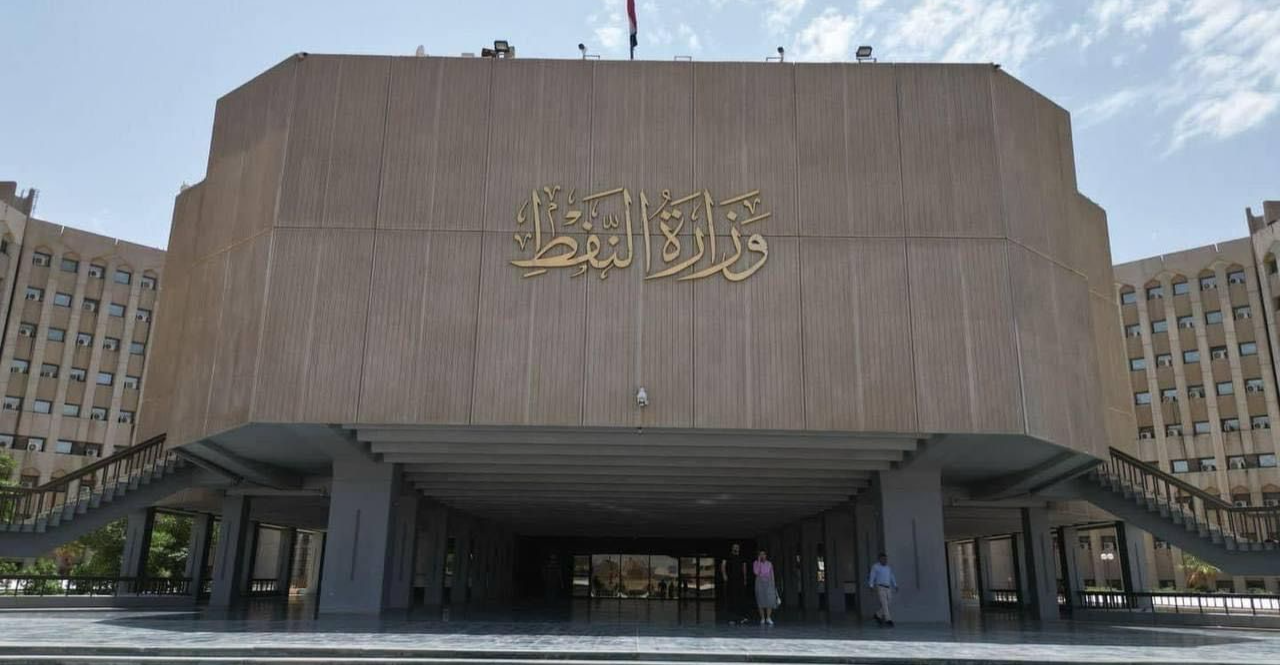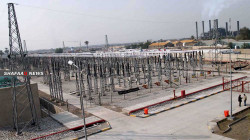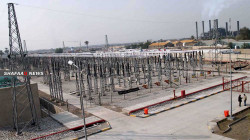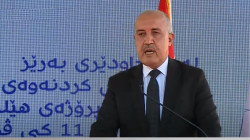Iraqi Oil Minister: Iraq plans gas production boost as Iranian imports decline

Shafaq News/ On Friday, Iraq’s Oil Ministry announced its strategy to increase domestic gas production amid a reduction in gas imports from Iran.
Oil Minister, Hayan Abdul Ghani, said, “Iraq currently imports gas from neighboring Iran, which imposes significant costs on the state. Furthermore, the supply is often unreliable due to Iran’s internal circumstances, directly affecting electricity generation.”
Abdul Ghani highlighted progress on key projects by Basra Gas Company, a joint venture between South Gas Company, Shell, and Mitsubishi.
“Two facilities, Basra NGL 1 and Basra NGL 2, are being developed. The combined output from the two facilities is projected to exceed 140 million cubic feet of processed gas,” he added.
The minister also noted significant progress in gas utilization efforts. “At the start of this government, the gas utilization rate was at 53%. Today, it has risen to over 67%, which is a substantial achievement considering the large volumes of gas being processed,” he stated.
He added that the Al-Fayha gas project, with a capacity of 130 million cubic feet, was completed in 2024 by the operator of the Al-Fayha field.
On his perspective of the year 2025, he highlighted that it will be as a transformative year for Iraq’s gas sector, citing the TotalEnergies South Iraq project as a key milestone. The project involves two units capable of processing 600 million cubic feet of gas, with an expedited phase set to deliver 50 million cubic feet by the end of 2025.
"In 2025, we will also begin harnessing low-pressure gas, which is currently flared and highly polluting. This investment will take over a year to complete and will be implemented in phases," he concluded.
Notably, Iraq generates 16,000 megawatts of electricity, far below the estimated 24,000 megawatts required to meet demand—a figure that surges to 30,000 megawatts during the summer. With the country’s population expected to double by 2050, energy consumption is projected to rise significantly, according to the United Nations.





